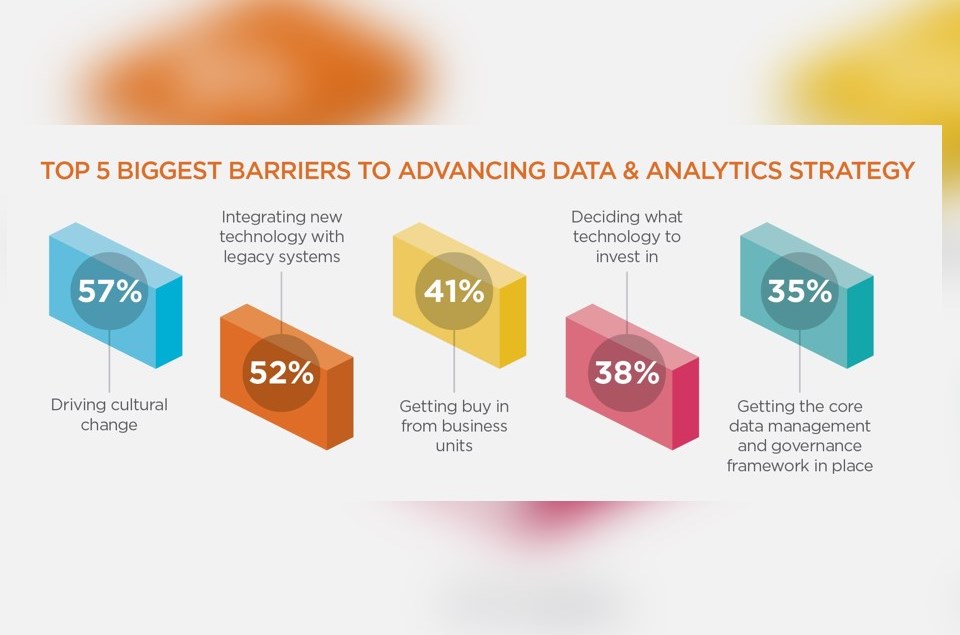Change To become modified, to shift from one state to another state; to become different.
In my personal life, change always seems to be painful, though it generally results in progress, even if there are several bumps in the road, moments of despair and soul searching along the way.
I remember the halcyon days of the dot com boom, that was a change in thinking. I was working in the telecoms sector and it really did seem like a golden era. Organisations were desperate to embrace this new channel, and leverage the technology, with a fear that Internet savvy upstarts might swoop in and carve out a chunk of their business. I see similarities to today’s Digital Transformation/Disruption/Data & Analytics Paradigm, though it’s not just a case of losing a new channel to market. In some cases, survival is at stake here. This change is much bigger than the dot com era shift in thinking.
The very thought of change can often strike fear into human beings, perhaps it’s a lack of experience, skill or knowledge, it’s outside the comfort zone, I don’t have the resources to do this, I don’t have the right technology, I don’t know what I don’t know, yet, I’m too busy to think about that right now.
As a business, we speak to emerging C-Suite Officers every day and it’s absolutely clear that they understand how Digital Transformation and a coherent Data and Analytics Strategy will benefit and transform the business. They don’t need to be convinced to change, they are the architects of this change. The challenge is convincing others. If I think back to the early days of ERP systems, there were many instances where a warehouse manager, or shipping department were reluctant to embrace this newfangled technology, because “We’ve got our own systems, thank you very much!”, in fact it was one of the key challenges (Fostering the commitment from the various departments) for the business, it’s no good having a bells and whistles ERP system if the warehouse refuses to adopt it, or the shipping manager who’s been doing their job for 20 years refuses to comply. It’s destined for failure because the vision isn’t shared, it’s a war of attrition and there are no winners.
So, this brings me to the science of change, especially when one is faced with inertia, fear, belligerence, politics and anything else that may stand in the way of a shift in thinking.
Ultimately, we, as people, are responsible for creating the problems relating to a lack of collaboration/progress/change. However, we are also the solution. It’s important to understand the factors that drive collaboration between stakeholders, managers, departments, etc. such as trust building, common goals/values, empathy and a common purpose. The emerging Data and Analytics Leaders have to be much more than visionary, technology and business savvy data scientists, they have to be salespeople, counsellors, listeners, deal makers, facilitators and they have to invigorate others. I sometimes think my job is tough, I reckon I’ve got it easy!.
By Martin Docherty:
Martin Docherty is Partnerships and Collaborations Director at Corinium Global Intelligence. Connect with him via LinkedIn or email martin.docherty@coriniumintelligence.com
Save
Save









